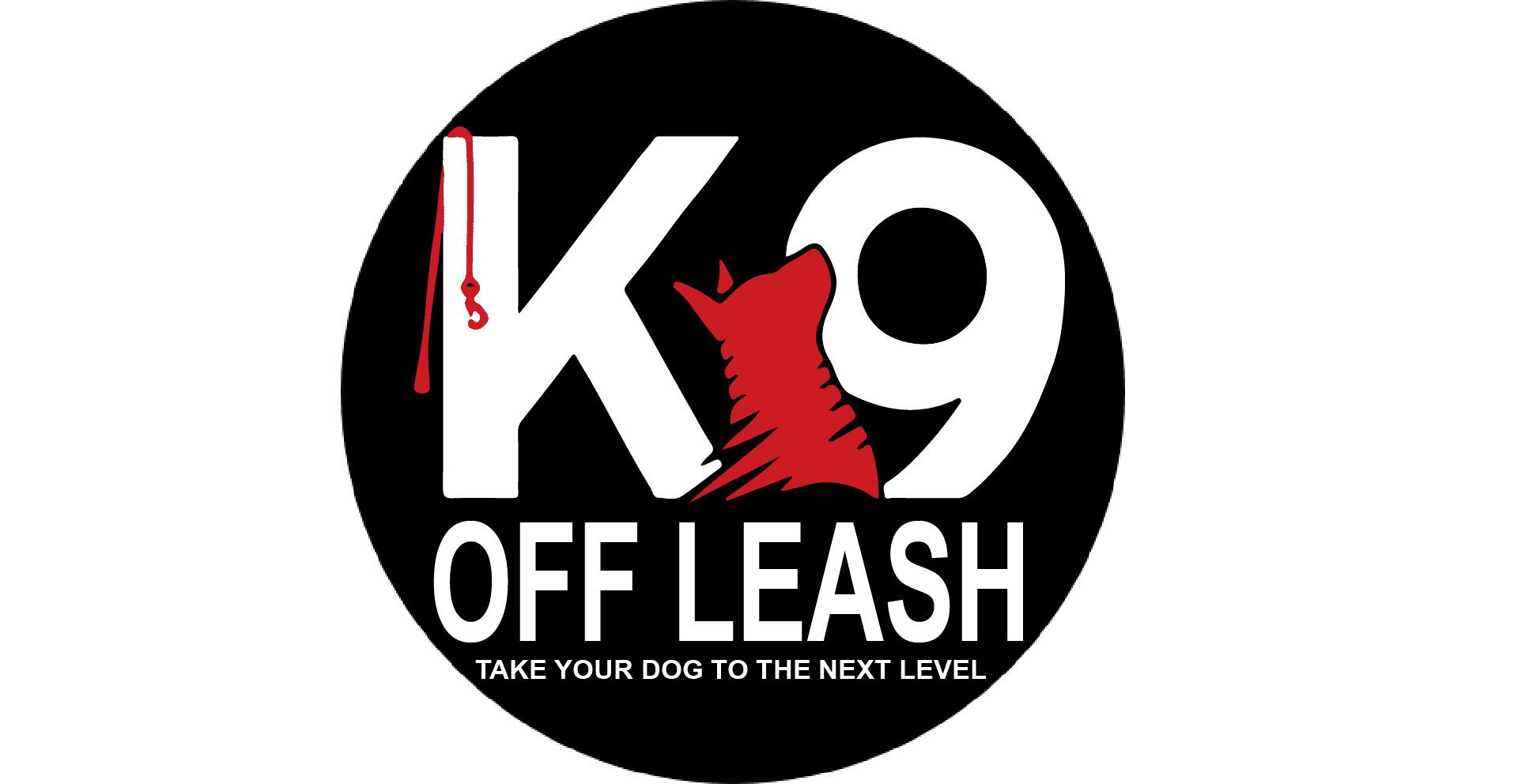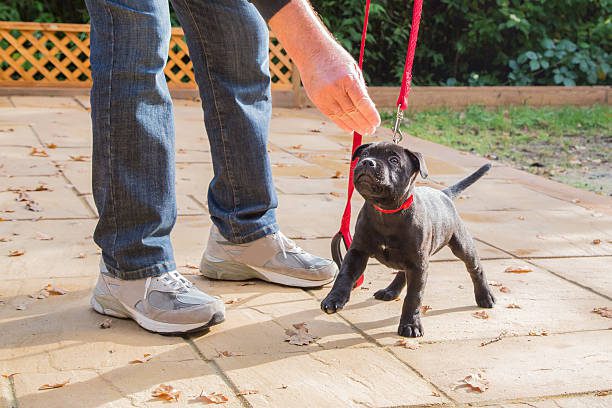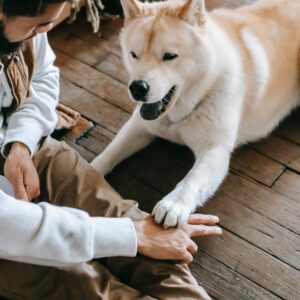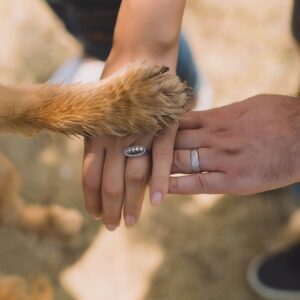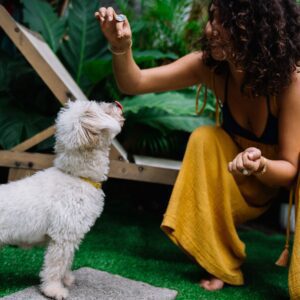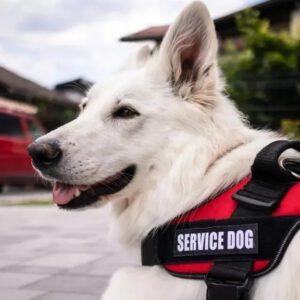Description
Puppy training is a crucial phase in a dog's life, setting the foundation for future behavior and obedience. The focus of puppy training involves several key aspects:
- Basic Command Training: Puppies are taught fundamental commands like sit, stay, come, and heel. These commands lay the groundwork for basic obedience and help in managing the puppy's behavior as they grow.
- Guidance Through Critical Phase: The early weeks and months of a puppy's life are formative. Proper training during this period can significantly influence a puppy's behavior and temperament in adulthood. Trainers provide essential guidance during this critical phase, ensuring that puppies learn effectively and positively.
- Potty Training Tips: One of the biggest challenges for new puppy owners is potty training. Professional trainers offer valuable tips and techniques for potty training, helping to establish good habits and routines for the puppy. This includes creating a consistent schedule, using positive reinforcement, and understanding the signs that a puppy needs to go.
- Crate Training: Crate training is another important aspect. It's not just about teaching the puppy to stay in a crate but making the crate a safe, comfortable place for them. This training is crucial for house training and provides a secure environment for the puppy when unsupervised.
- Socialization: Early socialization is vital in puppy training. It involves exposing the puppy to various people, animals, environments, and experiences. Proper socialization helps in developing a well-rounded, confident, and sociable dog.
- Bite Inhibition: Puppies naturally explore the world with their mouths, which can lead to nipping or biting. Training in bite inhibition teaches puppies to moderate the force of their bite and to be gentle, which is crucial for safe interactions with people and other animals.
- Owner Education: An integral part of puppy training is educating the owner. This includes teaching them how to maintain consistency with commands, understanding puppy behavior, and how to continue the training and socialization process effectively at home.
- Duration and Frequency: 4 weeks, the program runs from Monday to Saturday, with each session lasting for approximately one hour.
